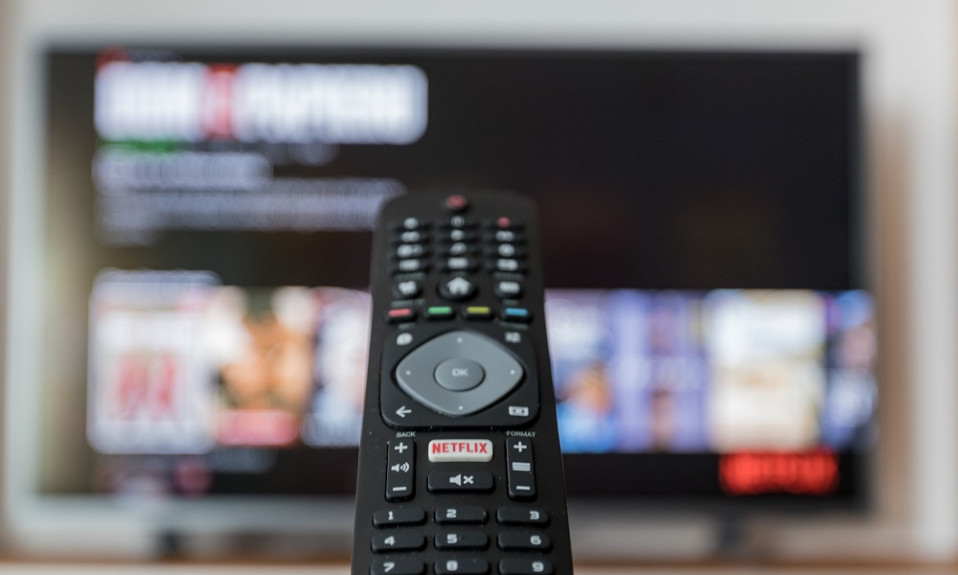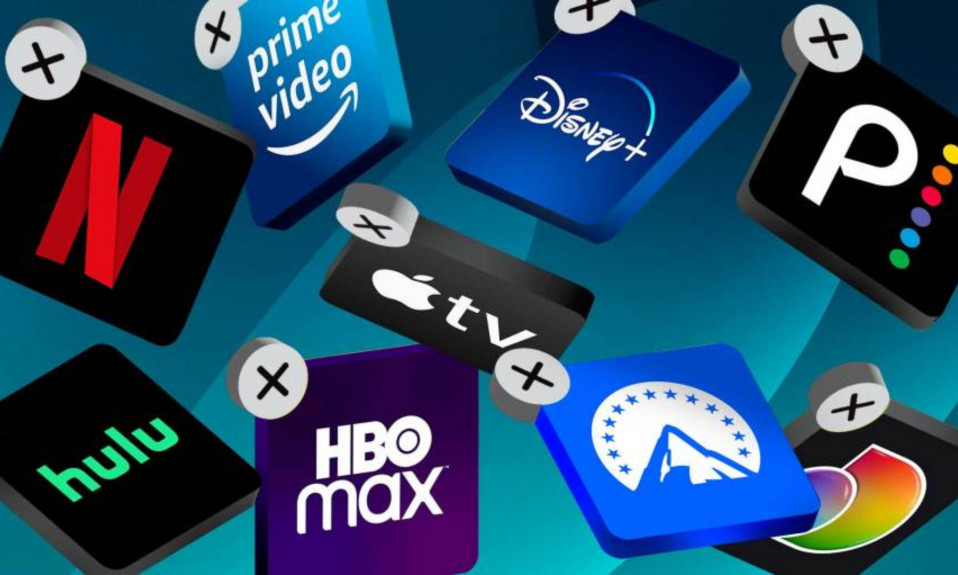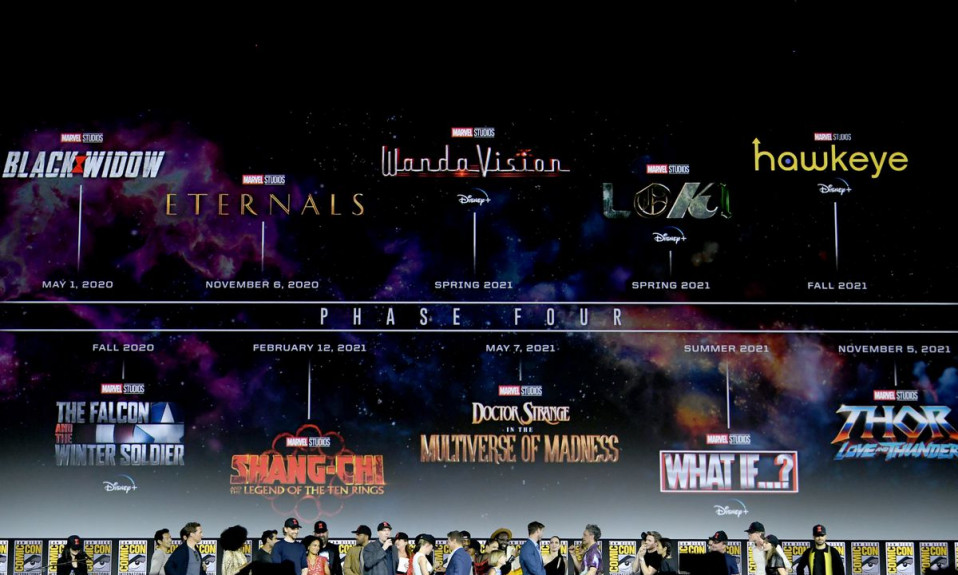If you’re alive, you know Kathryn Hahn. You might not realise it, but believe me, you do. To look at her IMDb page is to finally understand the word “versatile” in relation to actors; stints on well-loved sitcoms, supporting roles in charming indies, blockbuster comedies, star-filled ensemble dramas, HBO dramedies about sex and marriage, Oscar-nominated weepies, and so much more.
I fell in love with Hahn as an actor through her role as Rabbi Raquel Fein in Amazon Prime’s queer family comedy Transparent. The level of complexity she brought to the show as its moral centre was fascinating and, as Emily Brennan wrote in the New York Times, was as wonderful as “Mallomars and beech trees and Jesmyn Ward books.” Now, with the end of lockdown in sight, I’m entering a Hahn-induced halcyon to see me through, and I’m not the only one.
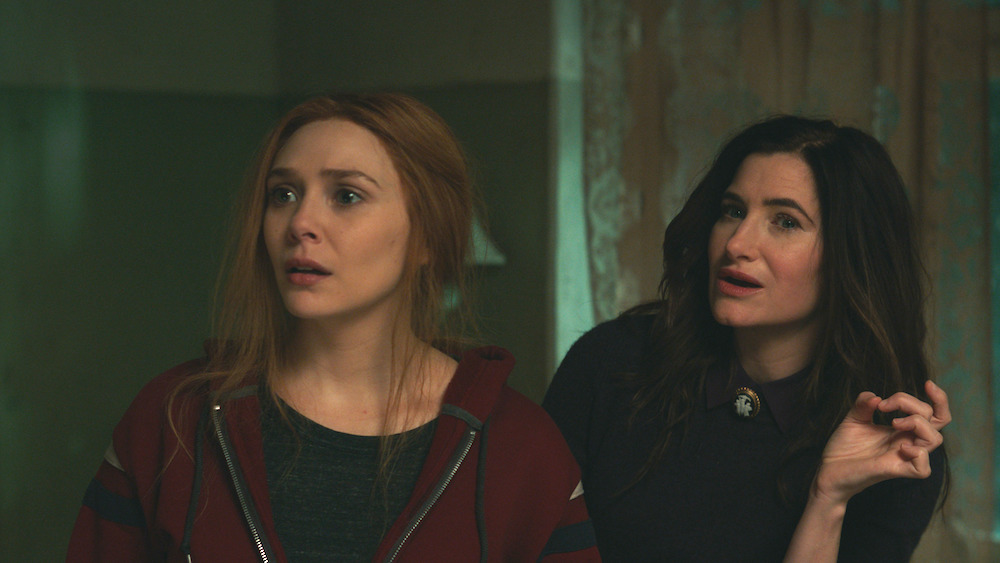
Two days ago, Marvel’s WandaVison came to an end. The show, which was supposed to be the studio’s grand experiment, became more generic and risk-averse with each passing episode. But its opening three – which featured near-perfect recreations of The Dick Van Dyke Show, Bewitched, and The Brady Bunch – was something that excited even me, a Marvel-sceptic. As the “nosy neighbour” Agnes, Hahn’s role in these episodes only extended the range of her talents. Alongside Elizabeth Olsen and Paul Bettany, Hahn fit perfectly into each recreation. Her mannerisms and tone of voice, right down to the style of her delivery, were eerily accurate. Even as the show broadened its scope and moved into typical superhero fare, Hahn still managed to bewitch and captivate – even up until the non-reveal of her character’s actual identity.
After the show’s first three episodes premiered on Disney+ in mid-January, Hahn began trending on Twitter. One user noted that people seemed to be “rediscovering” Hahn, whilst another described Hahn as the only actor working today who “tonally gets the frequency and the vibe of every movie/show she’s in.” It seemed that, like those other actresses of her ilk (Laura Dern, Nicole Kidman, Marisa Tomei etc.), Hahn was due a twitter-induced “renaissance”.
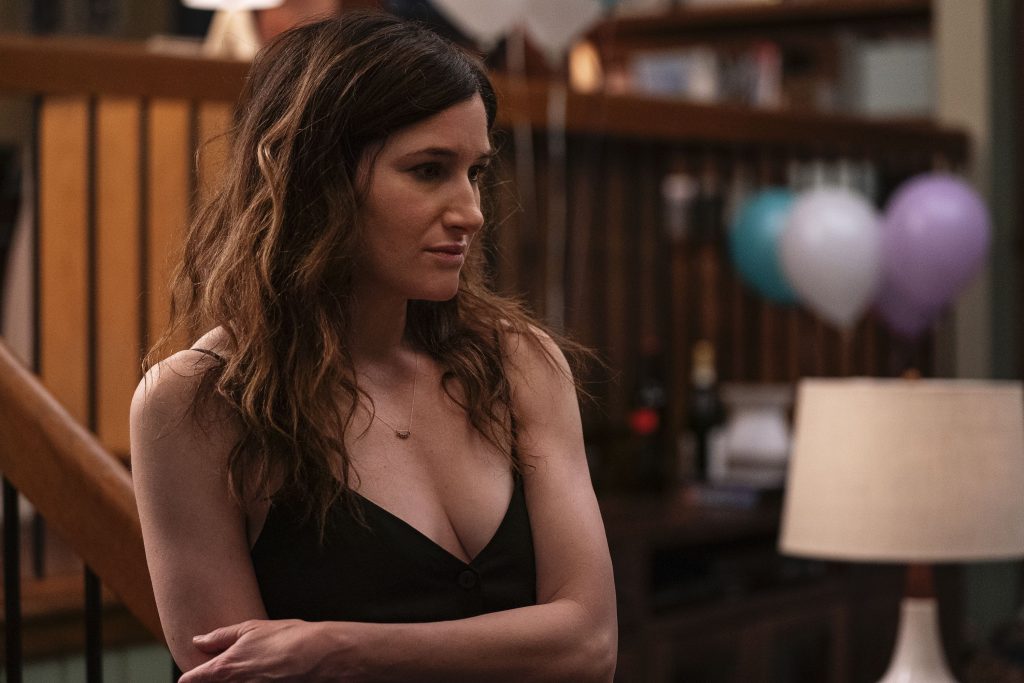
These Twitter comebacks usually are that in name only; the actor in question has typically been doing good work for years, but the mainstream is finally catching up. In Hahn’s case, her work on shows such as Transparent and I Love Dick was exceptional. Her performance in 2019’s Mrs Fletcher was similarly transcendent. As a middle-aged woman exploring her sexual desire through pornography, Hahn created pathos and urgency for an idea that is too often ignored. Now, poised to retain her role in the MCU, Hahn appears to be unstoppable.
As someone who loves Hahn, this is good to see. Yet it also seems to point to the cultural perception of middle-aged women and how we assess their value. In a recent Tinder conversation, a man told me that he was “here for every second” of Laura Dern’s “renaissance”. How can you have a renaissance – defined as “cultural revival” and “renewed interest” in something – if you’ve always been doing avant-garde and risky work? To whom does it appear as though interest as waned? In Hahn’s case, it seems to have only been building.
I can’t help but feel that this idea of a career renaissance is a gendered one that ultimately puts a particular person’s attention at its centre. I can only think of a single male actor who has been talked about in this way: Matthew McConaughey. In the eyes of the mainstream, he went from doing romantic comedies – a genre typically maligned for its connection to female-centred storytelling – and into serious, often masculine, projects like True Detective and Interstellar. That his career is back on track now because he is appealing to a certain kind of viewer speaks to where our assessment of value comes from.
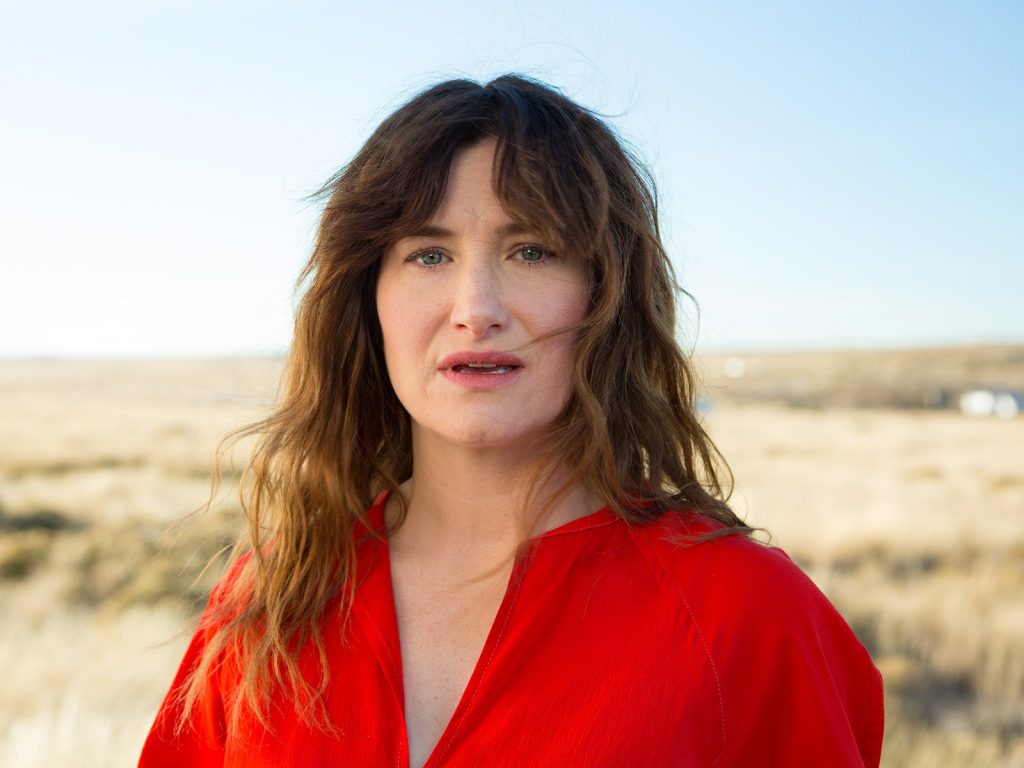
The fact that Hahn, who has spent the past few years telling stories that centre around female desire, lust, and complexity, is only now considered “revived” because the Marvel Fan Boys have given her a seal of approval feels reductive. Of course, this has always been the case for those that choose to tell stories outside of the hegemony. For example, an adaption of Chris Kraus’ complicated feminist novel (even if it was, bizarrely, for Amazon) was never going to bring in Spider-Man level numbers. Still, it rubs me the wrong way when people now say that because Hahn has worked within the superhero machine she’s made it.
It’s hard to make this sound like it isn’t just some variation of the “I liked them before they were cool” argument. Maybe now I understand those coked-up indie boys at house parties who told me the Arctic Monkeys have sold out or that the Kings of Leon were so much better before ‘Use Somebody’ came out. So maybe, when this pandemic is over, you’ll find me in the corner of a bar or a club, explaining to an unwilling audience that Hahn was always a star and that Marvel didn’t make her one.
Also Read: How Film Changed Me: On Rewatching



